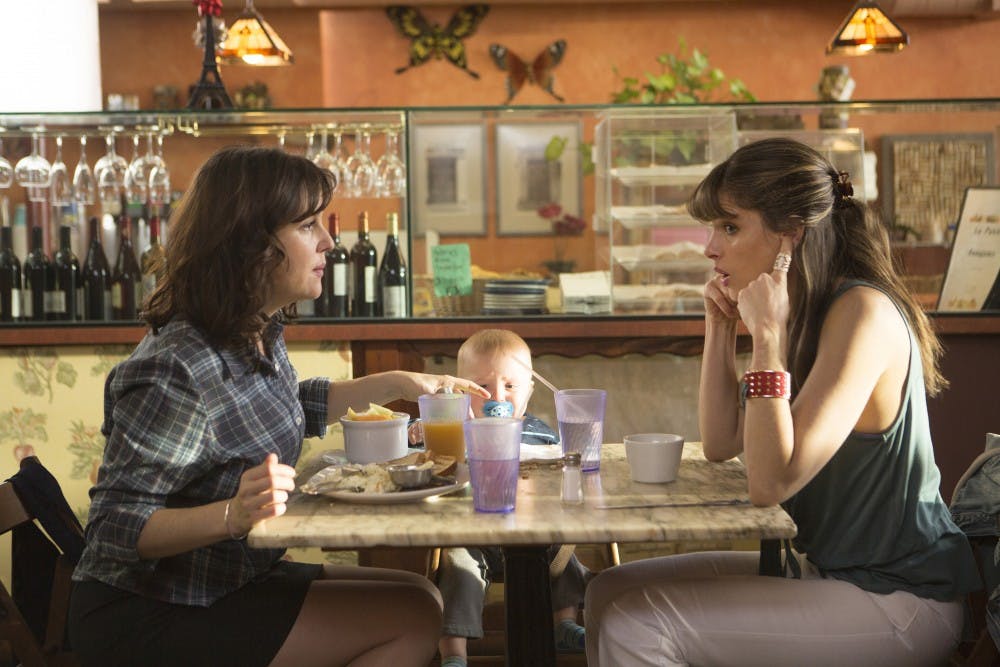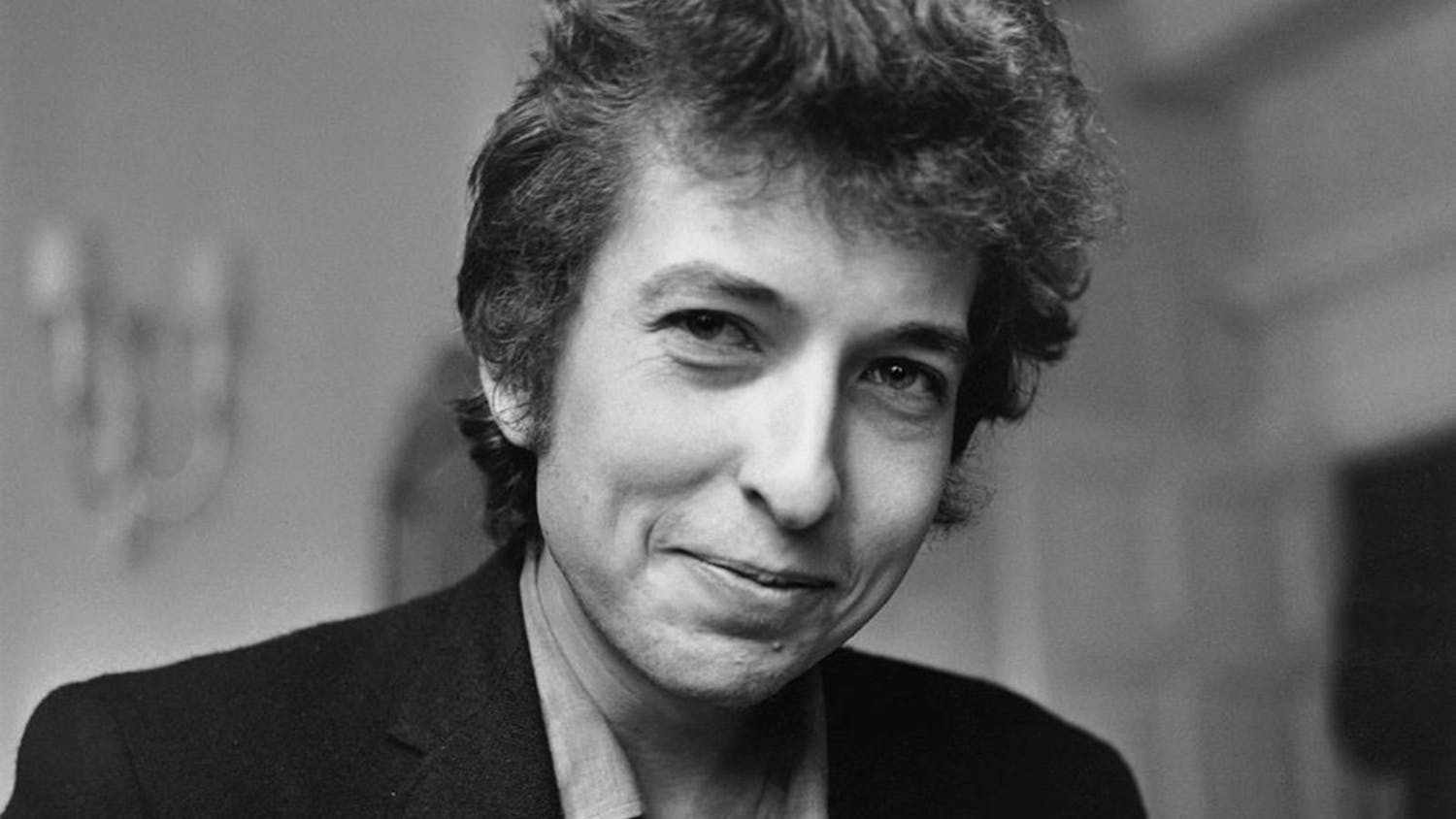‘Togetherness’
B+
The first scene of the new HBO show “Togetherness” involves a 40-something husband named Brett attempting to initiate morning sex with his sleeping wife, Michelle.
When she rejects him, Brett, played by Mark Duplass, proceeds to masturbate in bed only to wake up Michelle, played by Melanie Lynskey.
These kind of embarrassing moments displaying the ennui of married life are the type of scenes that make up this new show, which was renewed this week for a second season.
We are three episodes into the “dramedy” from the Duplass brothers — Mark and his brother Jay — and they have already established the groundwork for a successful show that builds on TV trends while providing some new material.
To give background, “Togetherness” is the story of Brett and Michelle, her sister Tina and Brett’s best friend Alex. It has become the cliché of television characters these days, but they are all a mess.
There is no intense plot line or big event coming in the future. The show is more of a look into the lives of these four people trying to take control of the day-to-day issues of their relationships and lives.
Whether it be Brett and Michelle’s marriage and dealing with a child, Alex’s struggles as an actor after being the most talented guy in high school or Tina’s dumpster fire of a love life, “Togetherness” is the tale of four people who need each other to find out where to go from here.
Not exactly breaking new ground, I know.
The show becomes fascinating when looking at the move television has been making recently.
For background, the showrunners, Mark and Jay Duplass, are accomplished indie film writers and directors that have been gaining a solid reputation in the Sundance-type of field for about a decade now. Movies like the Jonah Hill flick “Cyrus” and “Jeff, Who Lives at Home” are some of their more well-known examples.
Five years ago, they never would have been in television. What happened?
I’m not sure where it started. Television used to be the small medium that film people looked down on.
“True Detective” likely played a big part in the jump. Then there are directors, such as David Fincher and Steven Soderbergh, developing shows for Netflix and Cinemax, respectively. The “golden age” of television with shows “The Sopranos” and “Mad Men” definitely altered the opinion of television from a respect standpoint.
Regardless, television has become an auteur’s medium.
The show that somewhat sets the stage for “Togetherness” is 2014’s “Transparent,” which just happens to star Jay Duplass, funny. Jill Soloway developed the show for Amazon Prime and it was one of the most critically acclaimed shows of the year. It similarly brought an indie film style to the small screen — or small “stream.”
Now, the Duplass brothers bring their funny and embarrassing yet warm-hearted view of day-to-day relationships to television. The show isn’t perfect. I wouldn’t say I am hooked or anything.
But they have developed four characters that I want to spend time with, which is really my primary grading scale for whether I stick with a show or not. I want to see where these characters’ lives go.
Most importantly, I want to see how the Duplass brothers make the move from writing a 90-minute film to developing several episodes and seasons of a TV show.




